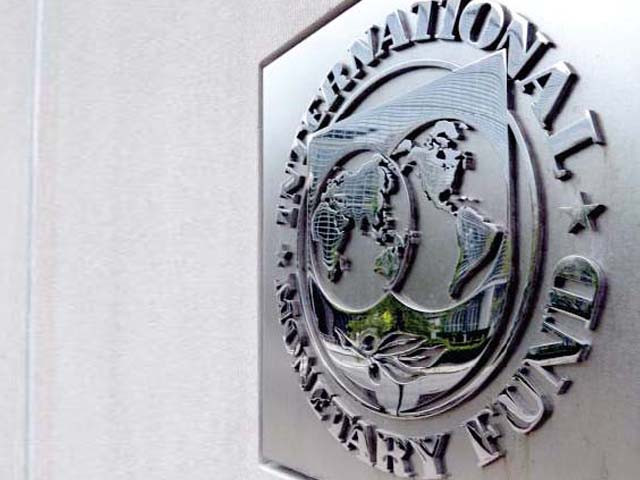‘We don’t need the IMF... but we might next year’
Officials say govt will not pursue another loan programme this year.

Pakistan has decided not to seek fresh loans from the IMF for the coming year, though it plans on keeping engaged with the IMF, in case the government’s projections of relative economic and fiscal stability turn out to be inaccurate, senior finance ministry officials said on Friday.
Not seeking an IMF programme in 2011 leaves the government the option of seeking a bailout in 2012, when it is most likely to run into trouble due to the populist, yet unaffordable promises, that most elected governments tend to make in election years.
In a background briefing on negotiations with IMF, senior finance ministry officials that the government had made the decision not to pursue another IMF programme based on an analysis jointly conducted by the finance ministry, the State Bank of Pakistan and the Planning Commission.
The analysis concluded that Pakistan’s current external position is secure enough to not require another IMF bailout after the Washington-based lender suspended the last one.
According to the government analysis, the government will need to pay $1.2 billion back to the IMF in 2012, a payment that government officials feel the nation’s finances can handle, given the current cushion of just under $18 billion in foreign exchange reserves. A worst case scenario would see those reserves depleted by $2 billion, said officials familiar with the document.
“There are risks, but we feel that we can handle them,” said one senior finance ministry official.
The government’s analysis, however, is based on some questionable assumptions. For instance, the finance ministry estimates that remittances from expatriate Pakistanis – currently at record-high levels – will continue to flow in at the same rate.
This assumption is key in leading the government to conclude that the current account deficit – the gap between the nation’s external payments and receipts – will not exceed 2% of the total size of the economy.
Finance ministry officials claimed that the IMF was comfortable with the government’s decision not to revive or extend the current bailout programme, set to expire by September 30.
“The IMF feels that Pakistan has done reasonably good job but could not deliver on some major reforms despite making commitments,” said a senior official.
Yet for all the confidence in Islamabad’s ability to manage its own finances, officials in the finance ministry said that the government is likely to keep engaged with the IMF for the next several years and may even need a fresh loan over the next two years.
Pakistan would remain engaged with the IMF through what are known as ‘article IV’ consultations. Pakistan and the IMF have agreed to hold those consultations in October.
Finance Minister Abdul Hafeez Shaikh admitted that not seeking a fresh loan programme from the IMF would adversely affect the country’s relationship with the Asian Development Bank and the World Bank. “The ADB and the World Bank may not restore their budgetary support loans. But this is not new. Pakistan has learnt to manage the situation without external financial assistance.”
Power sector reforms?
Yet neither the minister, nor finance ministry officials, appeared to have a clear plan for how the government would introduce the necessary reforms in the power sector, the single biggest reason for why Islamabad missed its budget deficit target in fiscal year 2011.
Finance ministry officials admit that the problem of inter-corporate circular debt – liabilities accrued in the energy sector because of the government’s failure to pay its promised subsidies – was much bigger than they thought, putting the figure at close to Rs300 billion.
The finance ministry is expected to present recommendations for the special cabinet committee on energy after Shaikh returns from attending the annual IMF-World Bank meetings in Washington in the third week of September.
Published in The Express Tribune, September 17th, 2011.


















COMMENTS
Comments are moderated and generally will be posted if they are on-topic and not abusive.
For more information, please see our Comments FAQ